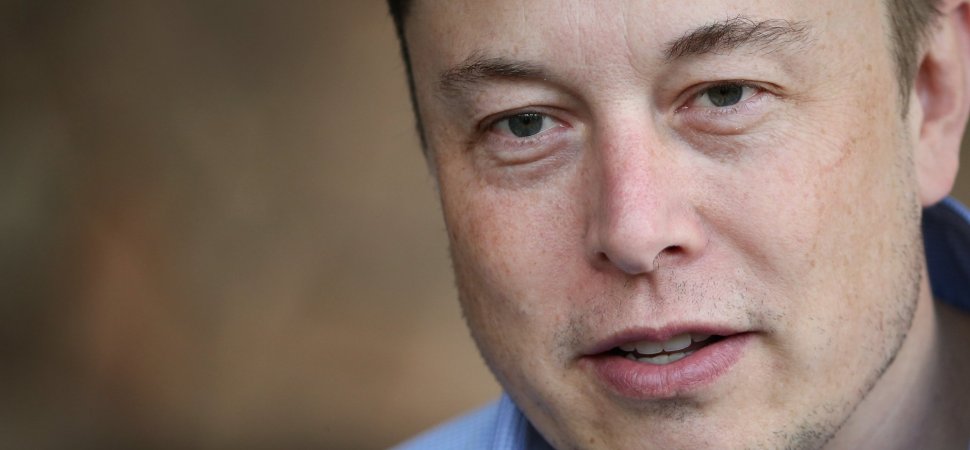Elon Musk is one of the world’s most popular entrepreneurs. As the guiding force behind Tesla, SpaceX, and OpenAI — not to mention helping to found PayPal — he tackles some of the biggest challenges.
That includes some of the biggest leadership challenges.
Who better to know that than Daniel Coyle, the author of the upcoming The Culture Code: The Secrets of Highly Successful Groups. (I read an advance copy; it’s great.) Dan went inside incredibly successful organizations like Pixar, the San Antonio Spurs, and SEAL Team Six to uncover how diverse groups learn to function with a single mind.
Unsurprisingly, that process starts with leadership.
Here’s Daniel:
Good leadership is about having good reflexes, especially in moments of crisis. When there’s a problem in a group, most leaders tend to respond by protecting the group: letting people know it’s going to be OK, and putting the problem in wider perspective.
They strive to send a signal of reassurance: This isn’t a big deal; we can get past it.
But is that the smartest response? Consider this recent email from Tesla CEO Elon Musk that captures his response to a particular crisis: a report that showed injury rates in Tesla’s Fremont factory were dangerously high.
Here’s the key part of Musk’s email:
No words can express how much I care about your safety and wellbeing. It breaks my heart when someone is injured building cars and trying their best to make Tesla successful.
Going forward, I’ve asked that every injury be reported directly to me, without exception. I’m meeting with the safety team every week and would like to meet every injured person as soon as they are well, so that I can understand from them exactly what we need to do to make it better. I will then go down to the production line and perform the same task that they perform.
This is what all managers at Tesla should do as a matter of course. At Tesla, we lead from the front line, not from some safe and comfortable ivory tower. Managers must always put their team’s safety above their own.
Notice first what Musk doesn’t do: He doesn’t protect the group or minimize the problem. Instead, he connects with the group through three signals:
He expresses intense personal regret (“It breaks my heart”)
He demonstrates caring action (“I’ve asked that every injury be reported to me … I would like to meet every injured person … I will perform the task they perform”)
He defines the culture’s identity (“At Tesla, we lead from the front line, not from some safe and comfortable ivory tower”)
In a few dozen words, Musk proves that cultural leadership is not about protection — it’s about connection.













